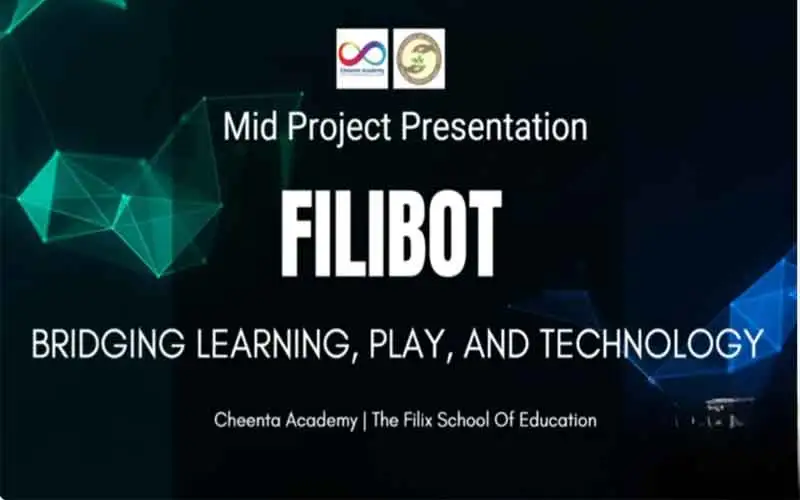

The report “Low-Cost Science Mission Concepts for Mars Exploration” explores innovative strategies to sustain and accelerate Mars discoveries, emphasizing small-spacecraft technologies to conduct impactful research at reduced costs. Over the past 25 years,
Mars missions have transformed our understanding of terrestrial planet evolution, offering insights into climate, habitability, and the prevalence of liquid water. Unlike other planets and moons, Mars preserves ancient geological and atmospheric records, making it an invaluable natural laboratory. However, addressing unanswered questions about its history and processes necessitates a cost-efficient approach to exploration. The forum examined mission concepts tailored to high-priority scientific objectives, such as assessing strategic questions through miniaturized instruments and leveraging cutting-edge spacecraft designs. Discussions focused on orbital and surface mission capabilities, with an emphasis on technologies like aerobraking, modular propulsion systems, and green monopropellant engines for efficient Mars delivery. Solar electric propulsion (SEP) thrusters and high-specific impulse technologies were highlighted for their ability to minimize transit times and operational costs. The workshop also proposed integrating international collaborations and commercial NewSpace capabilities to enhance mission feasibility. Strategies like rideshare launches and piggyback payloads were considered to maximize cost efficiency while enabling meaningful scientific outcomes. Specific technological advancements—such as robust attitude and momentum management systems and aerocapture innovations—were underscored as critical to overcoming the challenges of small-scale Mars exploration







When I look back at the first day Filibot took shape in my mind, it feels almost unreal. What started as a simple conversation about learning in grassroots schools slowly grew into a full learning ecosystem that now reaches thousands of students across Meghalaya and Ladakh. The scale of it

Research is often described as an intellectual exercise, which is carried out in libraries, old archives, and among various citations. For me, however, the research process was much more than that. It became a dialogue between history and memory, between suffering and resilience, and, finally, between exile and belonging. With

Principal, Ma’am Kain: “After how many years, Divij?” Divij: “Seven years, Ma’am.” I don’t think I’ll ever forget that exchange. It all happened in the stillness of the Activity Centre, just moments after we lifted the Ms. Oliphant Memorial Debates Trophy after seven long years. The hall buzzed with applause,